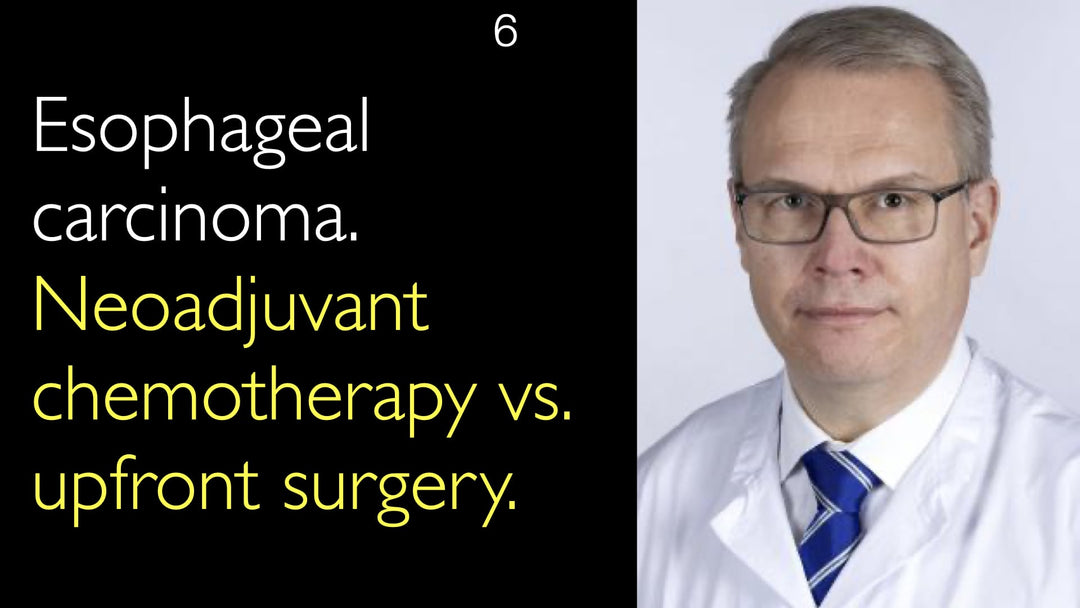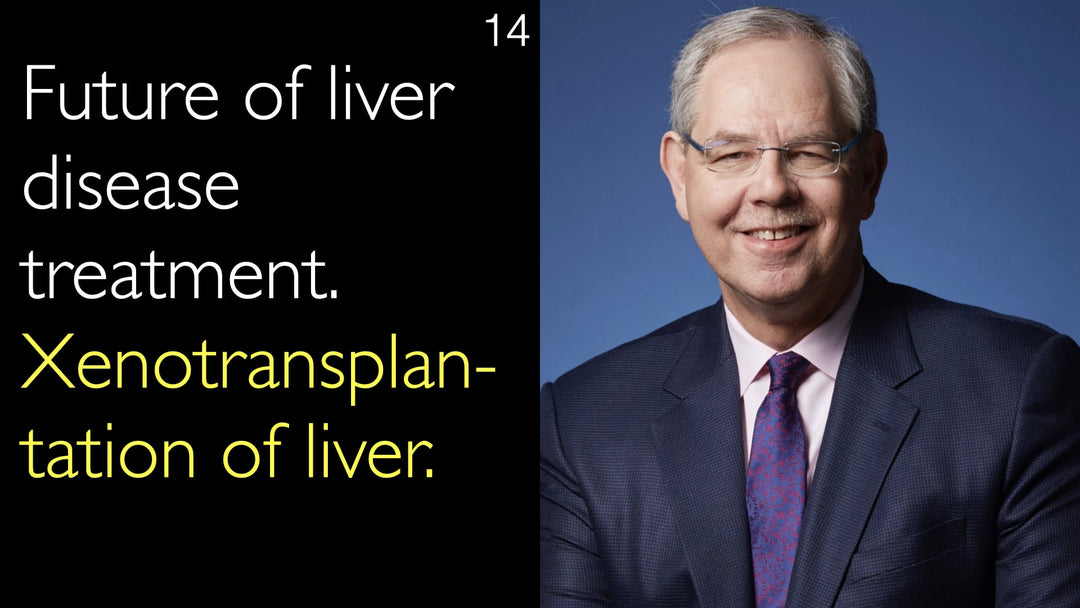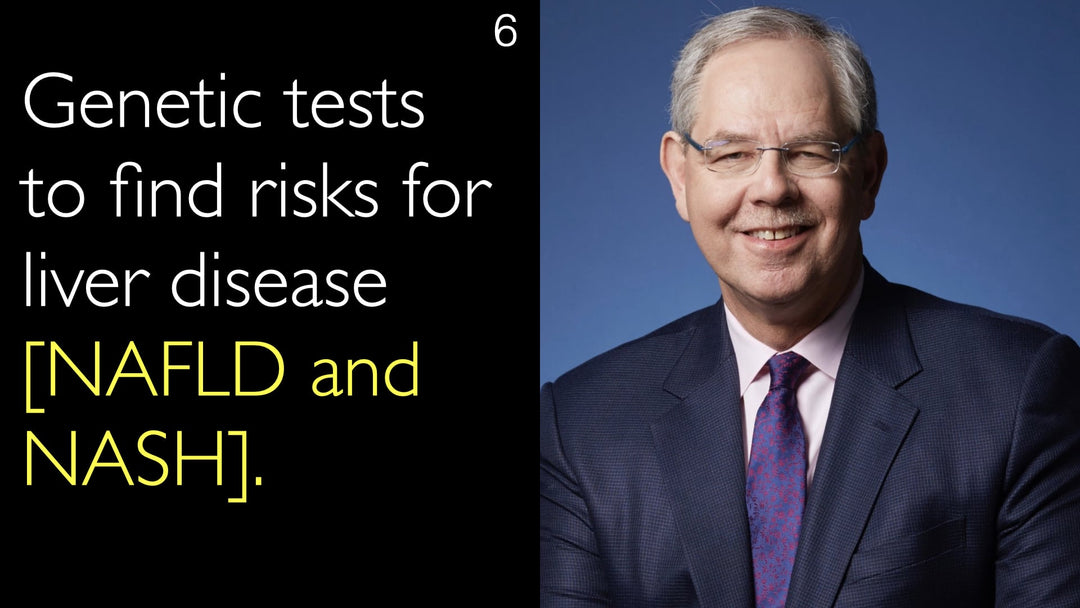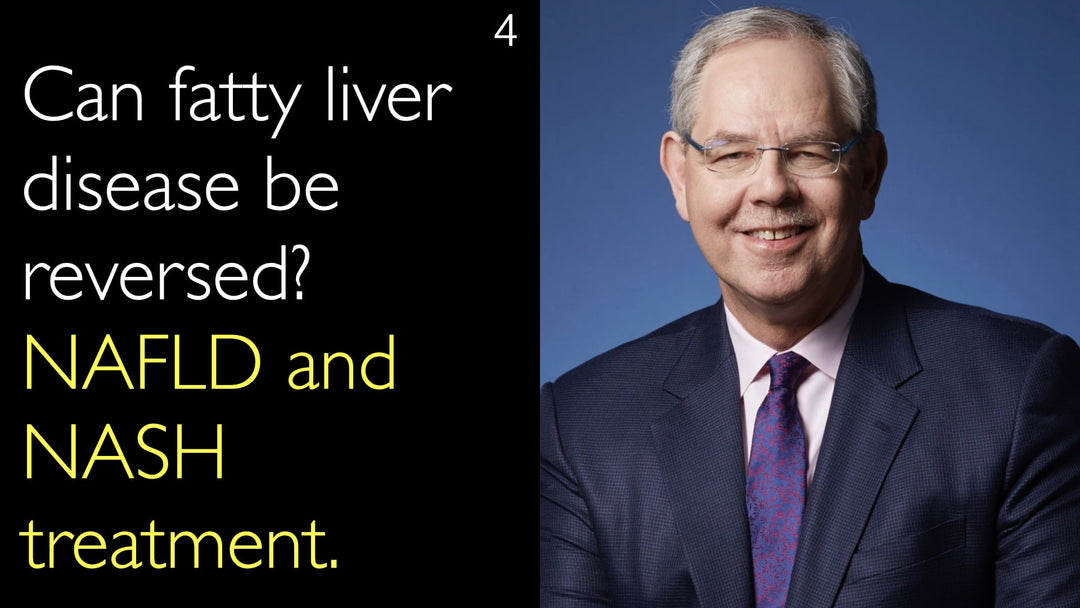Leading expert in esophageal cancer surgery, Dr. Jari Rasanen, MD, explains treatment sequencing for esophageal carcinoma. He details how to decide between neoadjuvant chemotherapy and upfront surgery. Dr. Jari Rasanen, MD, highlights the benefits of preoperative treatment for locally advanced disease. He discusses patient tolerance and the controversial role of adjuvant chemotherapy after surgery.
Neoadjuvant Chemotherapy vs. Upfront Surgery for Esophageal Cancer Treatment
Jump To Section
- Treatment Options for Esophageal Cancer
- Deciding on Neoadjuvant Chemotherapy
- Benefits of the Neoadjuvant Approach
- Adjuvant Chemotherapy Controversy
- Individualized Treatment Decisions
- Full Transcript
Treatment Options for Esophageal Cancer
Esophageal cancer treatment involves a multimodal approach. Dr. Jari Rasanen, MD, explains that this includes chemotherapy, surgery, and radiotherapy. The timing of chemotherapy is a critical factor in the treatment plan. Chemotherapy administered before a surgical operation is termed neoadjuvant chemotherapy. Treatment given after the surgical procedure is known as adjuvant chemotherapy.
Dr. Anton Titov, MD, discusses these options with Dr. Rasanen to clarify their roles. The initial staging of the cancer guides the selection of the most appropriate sequence.
Deciding on Neoadjuvant Chemotherapy
The decision to use neoadjuvant chemotherapy hinges on the cancer's stage. Dr. Jari Rasanen, MD, states that physicians estimate if the esophageal cancer is locally advanced at initial staging. A key indicator for recommending neoadjuvant treatment is the presence of lymph node metastases. Evidence strongly supports this approach for patients with these disease characteristics.
This strategy is now far more common than proceeding directly to surgery for locally advanced cases. Dr. Jari Rasanen, MD, emphasizes this is based on a wealth of clinical data.
Benefits of the Neoadjuvant Approach
Neoadjuvant chemotherapy offers significant advantages over adjuvant treatment. According to Dr. Jari Rasanen, MD, patients generally tolerate chemotherapy much better before surgery. Recovery from a major surgical operation like esophagectomy takes considerable time. This often leaves patients too weak to subsequently handle adjuvant chemotherapy effectively.
Dr. Jari Rasanen, MD, notes that many patients cannot even receive postoperative chemotherapy due to poor tolerance. Therefore, delivering chemotherapy before the surgical intervention ensures more patients complete their intended treatment regimen.
Adjuvant Chemotherapy Controversy
The role of adjuvant chemotherapy after neoadjuvant treatment and surgery remains unclear. Dr. Jari Rasanen, MD, describes the evidence as controversial. Some studies suggest a patient can derive benefit from additional postoperative chemotherapy. Other research findings argue against its use in this specific sequence.
Dr. Anton Titov, MD, and Dr. Rasanen discuss the lack of a definitive consensus. This highlights an area of ongoing clinical research in esophageal carcinoma management.
Individualized Treatment Decisions
Treatment planning for esophageal cancer requires a personalized approach. Dr. Jari Rasanen, MD, concludes that decisions must be made on an individual patient basis. There is no single definitive right or wrong answer for every case. The patient's overall health, specific cancer characteristics, and treatment tolerance all factor into the final plan.
This underscores the importance of a thorough evaluation by a multidisciplinary team. Dr. Rasanen's insights confirm that expert clinical judgment is paramount.
Full Transcript
Dr. Anton Titov, MD: Esophageal cancer treatment can include chemotherapy, surgery, and radiotherapy. Chemotherapy, if it happens before surgery, is called neoadjuvant chemotherapy. Treatment after the surgery is adjuvant chemotherapy.
Dr. Anton Titov, MD: How to decide which patients may benefit from neoadjuvant chemotherapy before the surgical operations and which patients should proceed straight to surgery?
Dr. Jari Rasanen, MD: At initial staging, we will estimate whether esophageal cancer is locally advanced. That means whether there is any sign of lymph node metastases in the initial staging.
Then we recommend the patient to have neoadjuvant treatment before surgery because there is a lot of evidence that neoadjuvant treatment is more efficient than adjuvant chemotherapy for the patient with esophageal carcinoma.
One of the reasons is that usually the patient can tolerate neoadjuvant chemotherapy a lot better than adjuvant chemotherapy after surgery. It takes time to recover from surgery.
Therefore, there are many patients who cannot even get the adjuvant chemotherapy. So basically, it is now a lot more common to recommend the patient to have chemotherapy before the surgery and not after the surgery for esophageal carcinoma.
Dr. Anton Titov, MD: Patients may have neoadjuvant chemotherapy before surgical operation. Do these patients benefit from adjuvant chemotherapy after the surgery for esophageal carcinoma?
Dr. Jari Rasanen, MD: It is a little bit controversial. There are studies that prove that the patient will get the benefit. On the other hand, some studies are against that.
It is obvious that you need to decide on an individual basis. There is no definitive right or wrong answer to that question.







